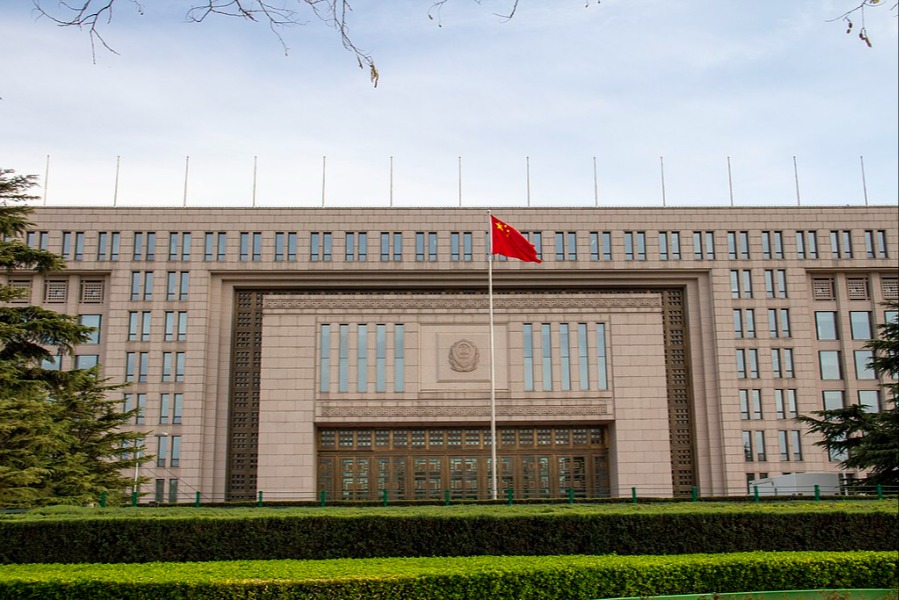Non-Legal Agreements: Easier to Make, Easier to Break
If, as Marty and I just argued, the deal with Iran is a non-binding agreement under international law, then, as we stated, “there is little doubt about the President’s constitutional authority to make the deal on his own.” I think Senator Cotton agrees. I take that to be the import of his statement this morning that “[a]nything less [than
Published by The Lawfare Institute
in Cooperation With

If, as Marty and I just argued, the deal with Iran is a non-binding agreement under international law, then, as we stated, “there is little doubt about the President’s constitutional authority to make the deal on his own.” I think Senator Cotton agrees. I take that to be the import of his statement this morning that “[a]nything less [than a vote on the agreement in the Senate] will not be considered a binding agreement when President Obama's term expires in two years.”
Another consequence of the deal being non-binding under international law is that the exchange between the Republican Senators and the Iranian Foreign Minister was pointless, since both statements assumed, apparently incorrectly, that the agreement would be binding under international law. In particular, Zarif’s lecture to the Senators about the U.S. obligation to comply with international law is misdirected, and the next President can in fact revoke a non-legal-agreement with Iran consistent with both domestic and international law. It certainly doesn’t follow that the next President will do this, or that killing the deal will in fact be easy. Non-legally-binding political commitments can induce significant compliance, and who knows what the situation will be like in January 2017. Nonetheless, one potential hurdle to non-compliance with or abrogation of the Iran deal – international law – will apparently not be present.
In sum, in comparison with a binding executive agreement under international law, a non-binding agreement with Iran is easier to make (because the President can clearly do it on his own) and easier to break (because there is no domestic or international legal obstacle to breaking it).
Jack Goldsmith is the Learned Hand Professor at Harvard Law School, co-founder of Lawfare, and a Non-Resident Senior Fellow at the American Enterprise Institute. Before coming to Harvard, Professor Goldsmith served as Assistant Attorney General, Office of Legal Counsel from 2003-2004, and Special Counsel to the Department of Defense from 2002-2003.





